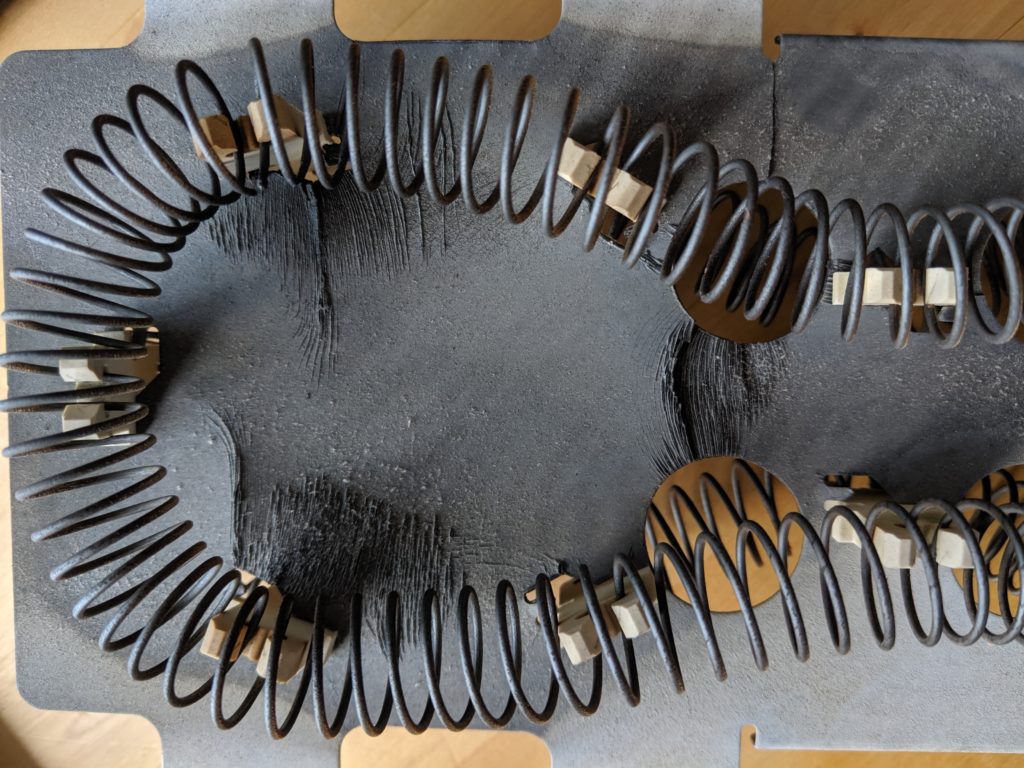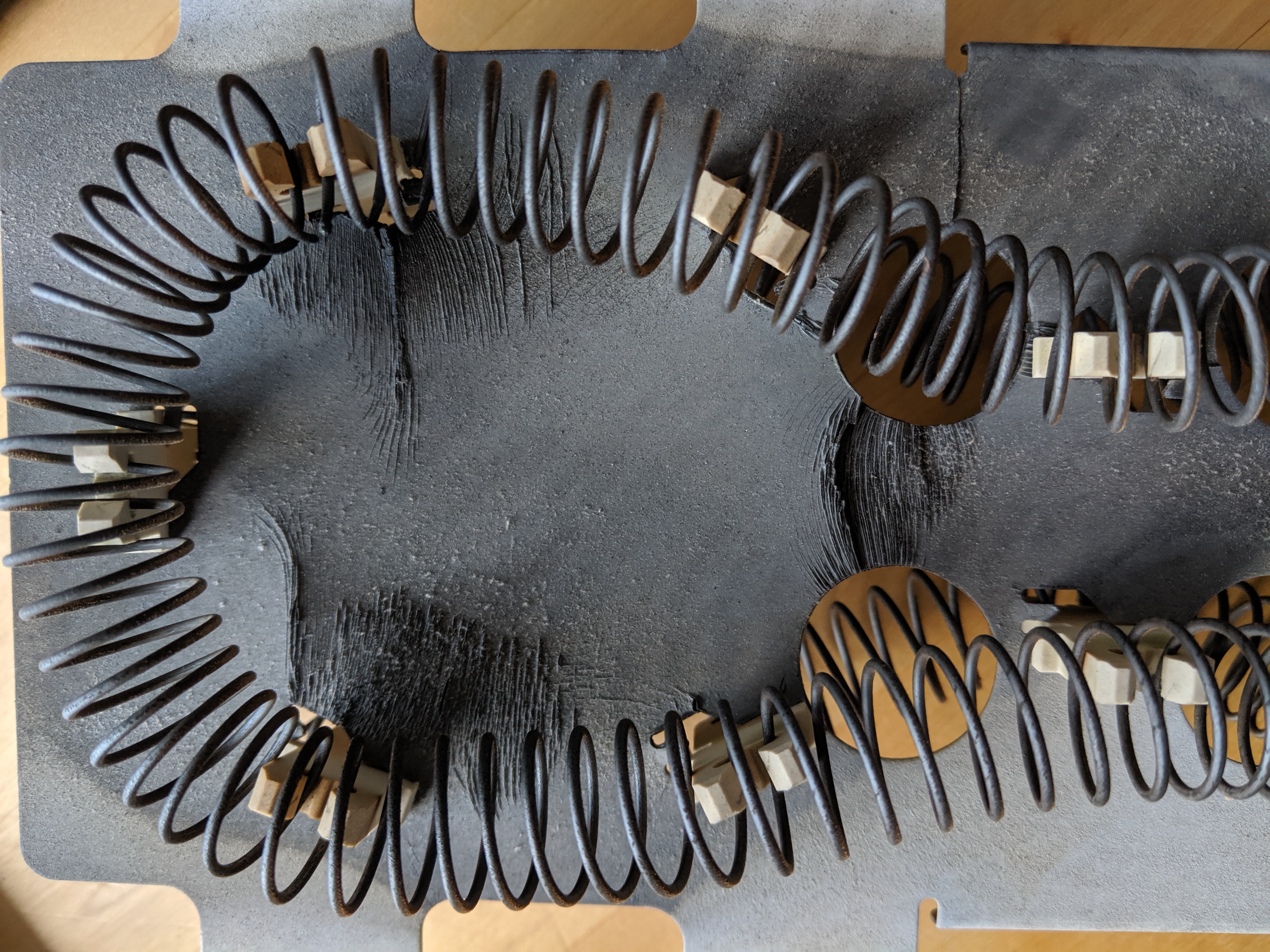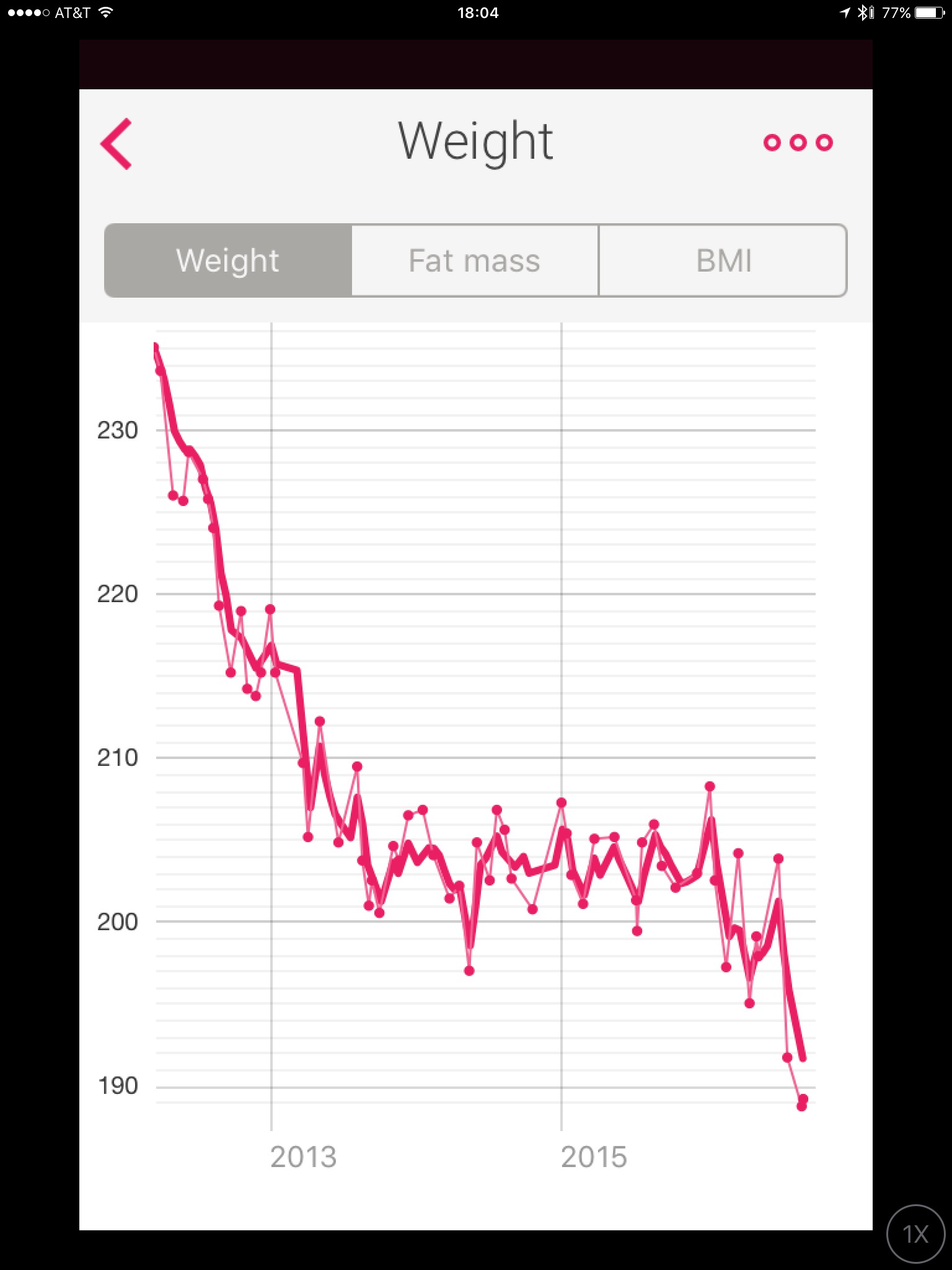Before I wanted to be a physicist – I mean, really wanted to become a physicist – I learned the joy of tinkering. I am sure it started earlier than when I remember it actually happening (memory is funny that way), the first first recollection I have of fully losing my fear of pulling the universe apart, and putting it back together, was in the basement shop of my grandfather… shortly after he passed away.
Every generation of scientist makes the same observation; it’s so common, it’s trite. “Kids these days,” the observation usually starts, “they lack the courage to get their hands dirty.” I have heard this my whole life, even as I grew up in this field. The truth is, any one of us who got this far – who lost all our fear for dismantling the universe and putting it back together – probably had a mentor along the way.
It was at the end of the second drying cycle that I came to accept the truth: there was no hot air blowing in the dryer. 4 hours lost. Jodi had already finished her laundry earlier on that Sunday, and it was just after her last load that the dryer broke. I inherited a broken dryer, and it only took me 4 hours to figure it out.
When computers like the Tandy 1000 came into our house, followed later by home-built computers based on 286, 386, and then 486 processor architectures, something else arrived: the ability to pull apart and put back together a computer. My father used to take me to computer shows in hotels in towns in Connecticut; it seemed like there was one every month or every few months. There you would find stacks of RAM, hard drives, floppy drives (5.25 inch and 3.5 inch), tape drives, IDE cables, motherboards, cases of all sizes, and software.
We could build computers from parts. This was a revelation to me.
My father was not fully trusting of my ability to disassemble and reassemble a computer. I always wanted to have more of a role in a build, but smartly my father limited how much power I had during a build. I, perhaps, had lost too much fear – messing up a jumper would make a drive unbootable, or damaging a cable would do the same. Static shock to a RAM chip or CPU would fry it, putting a lot of money down the tubes. I might have been frustrated with my limited role in some of those builds, but to be fair it was wise of my father to keep me at arms length. After, I was stil learning… even if I was the last person to figure that out.
Jodi was probably not very happy when I got up from a chair in the living room and marched to the garage to get my ratchet set. She didn’t know it, but I had just finished watching a short video on YouTube by a person who had replaced the heating coil in their dryer… the same model as ours. It seemed pretty easy to pull apart the dryer and assess whether or not it was really the heating coil that was the problem. I didn’t fully apprise Jodi of my plan, but I figured I couldn’t do too much more hard to a broken dryer.
The radio came apart. The radio went back together. The radio had lived on the workbench in my grandfather’s basement workshop. He wasn’t alive anymore to use the radio, or the work bench, or any of the tools he left behind. My grandmother and parents didn’t object to my sister and me playing in the workshop, so we imagined we were in a submarine, or a starship, and we played with the tools.
Taking apart the radio was an act of curiosity. Putting it back together was an act of desperation. The fact that it worked when I did this surprised me.
If I could take this apart and put it back together, and still have it work, could I do this with other things?
My love of electronics was not forged in this moment. My love of tinkering, however, definitely was.
The front panel of the dryer came off easily. Four screws were the only thing holding it in, each with a standard hex-shaped head that allows easy removal with a ratchet set. The inside of the dryer was filled with 10 years of lint and dust. Pulling a layer of that out of the way revealed the next screw, this one holding in a bracket that fixed one end of the heating element and its surrounding tube to the frame of the dryer. That came out easily. The tube and the heating element, however, seemed stuck in place. It was late. I was tired. There was a risk of making things worse, and it was late; I put the problem down and went to bed.
My interest in electronics was kindled in middle school. We had an electronics class that we could take, part of the “shop” series of classes, along with wood working and cooking. I learned to solder. I learned how analog electronics worked. I learned about the danger of alternating current and high voltage when a frayed soldering iron cord touched the metal workbench, and so did my knee, and for the first time I felt the beehive wrenching tingle of A/C on my body.
It would be electronics, combined with a love of computer programming, that ultimately would lead me into experimental physics. I would go to work on “B-physics” at Yale, then pursue it again for my Ph.D. thesis. I would code to help improve data-taking; I would code to analyze the data; I would code to train shifters how to use the data acquisition system before they set foot in the control room; I would swap high-voltage power supplies when one would misbehave and risk inhibiting our muon detection system.
The fear of pulling things apart was gone, but it was only gone by a long process of conditioning whose steps are unclear, ill-formed, and partially memorable. All I can tell anyone else is: take that first step into tinkering, and try to not be afraid of failing or breaking something; you’ll eventually be rewarded with success, and there is no feeling like it in the world.
With fresh eyes the next day I saw how to take out the heating element. Indeed, pulling the whole housing apart I easily spotted the break in the wire, though a conductivity test the night before already implied the obvious visual inspection’s result. By evening, a replacement heating element had arrived on our doorstep. By the time I went to bed, the dryer was put back together. I was afraid it wouldn’t blow hot air. It blew hot air. I was afraid my re-installation would cause the whole thing to catch fire. It didn’t catch fire.
There was that feeling again.







